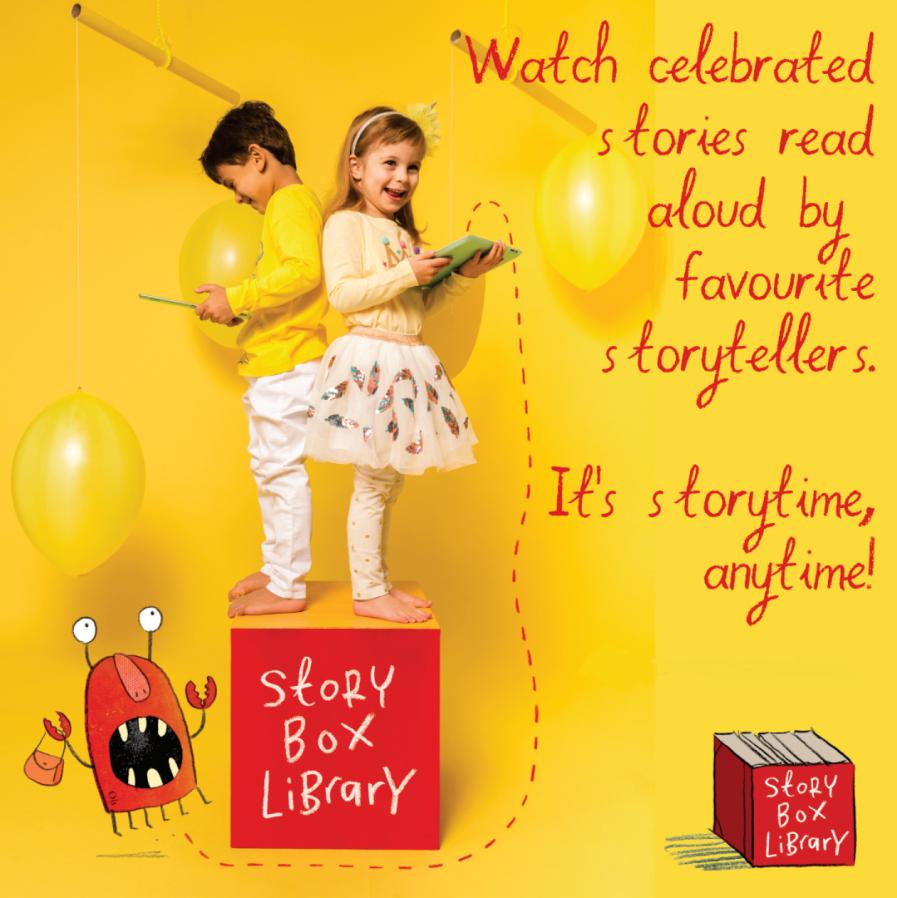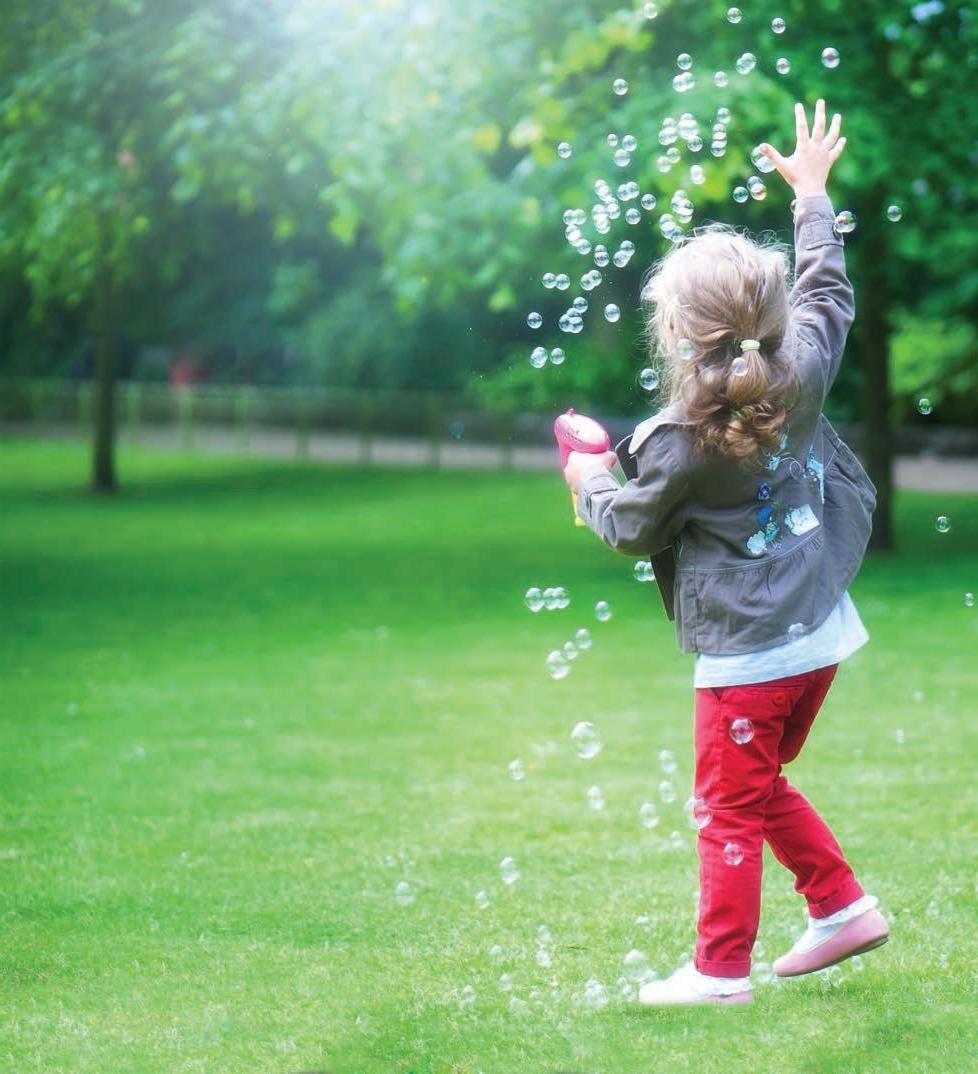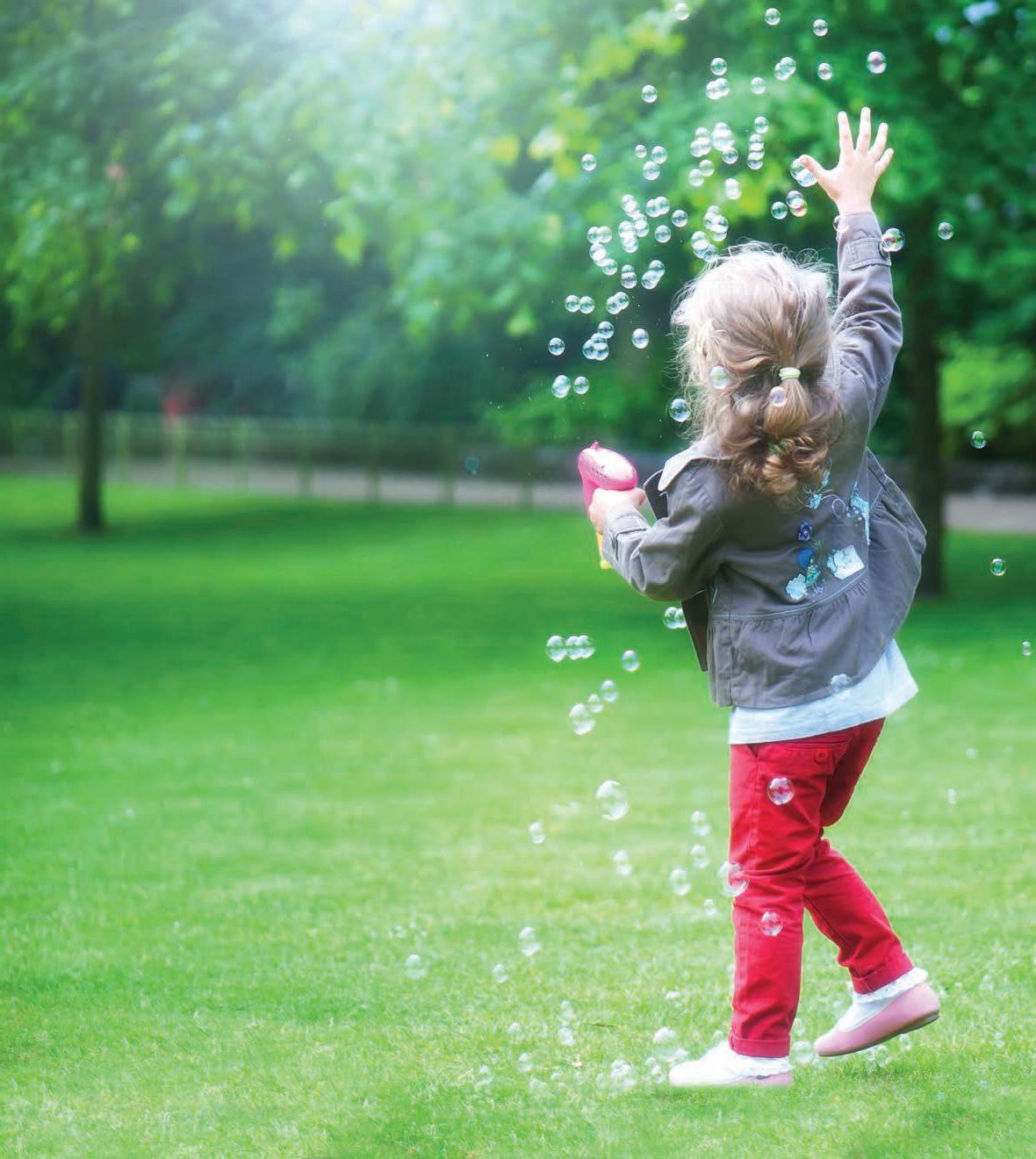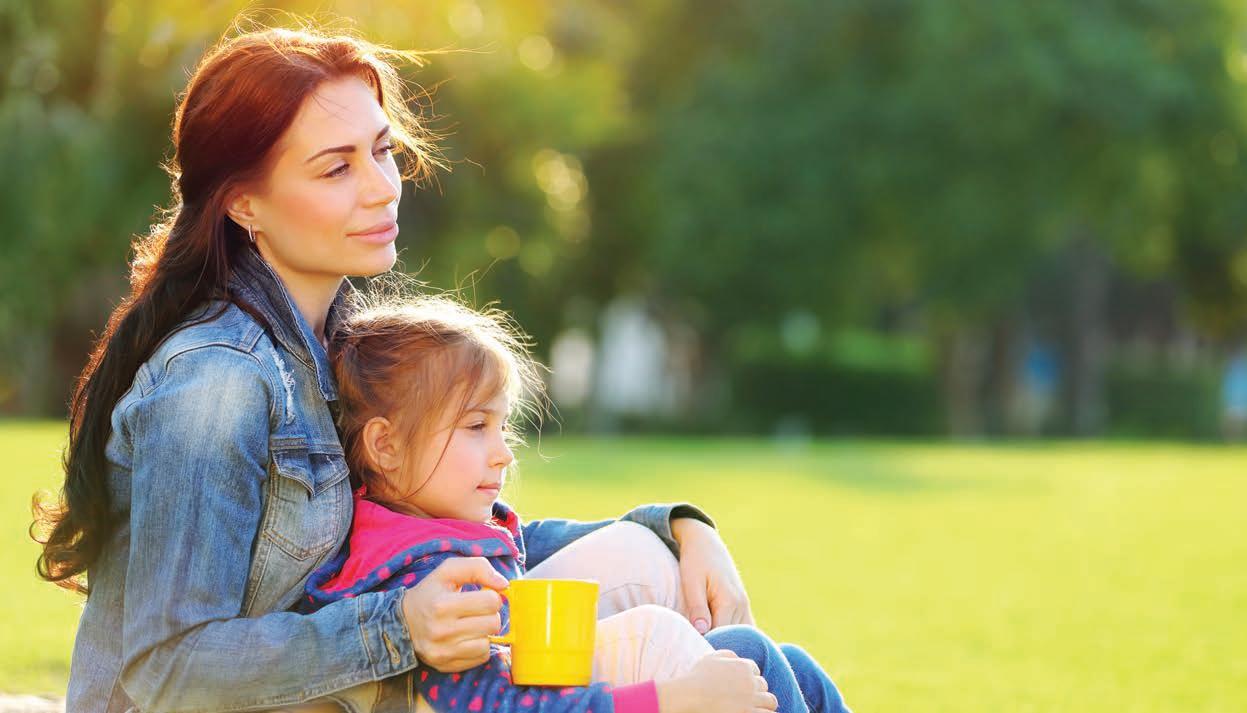
11 minute read
Is my child ready for school
An important question for all young parents
We speak with Nicole Smith, Head of Primary School at Green Point Christian College
Many parents spend considerable time discussing whether the will send their kids to school early, on time, or hold them back. For those parents whose child falls into a grey area because of when their birth date is, what year to send them to school can be one of the most difficult decisions to make. Do you start your child at four and a half years, or do you wait until they’re going on six? Are they emotionally mature enough? Will they be able to keep up academically?
The reality is school readiness is not about being able to read or write, know colours or count. These skills will be taught at school.
‘School readiness is mostly about emotional and social maturity, aspects of development that we cannot fast-track.’ The key areas of social maturity and emotional development include taking turns, selfawareness, ability to separate, consideration for others, developing independence, selfconfidence, understanding and managing their emotions and big feelings, and establishing positive relationships.
It may be useful to consider the following questions about your child as you make this assessment: C an they move onto new activities easily? Do they separate well from their carer? Do they interact with other children? Can they recognise and express their
feelings, needs and ideas? C an they concentrate on a task? Can they make an independent decision or choice? Can they follow two or three instructions at the same time? and
Missing Storytime?
Help develop your child's literacy with the vibrant and interactive reading room of Story Box Library - the best stories being read aloud to you by your favourite Australian storytellers.
This free online resource will instil a love of books, reading and inspire their imaginations, while enjoying activities to improve language skills along the way.

An ever-growing library means it really is Storytime, anytime! Access Story Box Library and other fabulous children's resources, through our Library Service app. Simply search Central Coast Council to download for free from the App Store or Google Play or visit centralcoast.nsw.gov.au/elibary
Join the library and enjoy the FREEDOM Join the library and enjoy the FREEDOM centralcoast.nsw.gov.au/jointhelibrary
Have they developed some control of their fine motor skills?
As a parent what can I do to help my child in their school readiness? There are many activities that parents undertake with young children that have a positive effect on their development and promote school readiness such as: Speaking positively about school, remembering the word ‘BIG’ school can be overwhelming for some children. Encouraging them to express their needs and use words to ask for help Talk with your child and asking questions about the world around them Encour age them to develop their pincer grip to peg clothes on clothes line, tear paper, play Lego, thread straws or beads on string Read to y our child and discuss the story and pictures T each your child songs and nursery rhymes Look for letters and numbers at the shops, and when out and about in the local area Take them on outings to new places, giving them 2-3 instructions at a time Create regular opportunities for them to play with their friends and other children, and Visit the school you will be attending with your child and ask questions about orientation day processes.
Any final tips on making this important decision? Don’t be afraid or embarrassed to talk to others about your child. Also seek advice from the school, preschool, family and friends about if they agree your child is ready for school. If there are areas you

are concerned about speak to the school about the needs your child might have, and ask about any transition programs being offered to assist your child in their journey to school. All educators want to see your child thrive and starting school at the right time is the beginning of that journey as a lifelong learner.
Nicole Smith has a Degree Level in Early Childhood Education and has been a primary educator for over 20 years. During this time Nicole has taught in 3 different countries and lives and works on the Central Coast with her husband and 3 teenage and young adult children.
EQUIP YOUR CHILD FOR LIFE
Now Enrolling for 2021
Green Point Christian College has an excellent and long-established reputation for supporting families who value Christian education. Our school provides holistic education from quality staff in a caring and supportive environment.

Green Point Christian College 382 Avoca Drive, Green Point
www.gpcc.nsw.edu.au
GreenPointChristianCollege registrar@gpcc.nsw.edu.au
02 4363 1266
Health on the Streets A mobile health clinic providing health checks to people experiencing homelessness
Central Coast Primary Care is excited to announce Health on The Streets (HoTS), a Mobile Health Clinic that will provide health checks to people experiencing homelessness on the Central Coast.
HoTS combines homeless outreach and clinical care from a custom fitted medical van that will travel around the Central Coast and deliver healthcare to rough sleepers and people experiencing homelessness. HoTS was officially launched on Tuesday 10 March 2020. Health on The Streets (HoTS) is an initiative brought about from years of campaigning for more services for people experiencing homelessness on the Central Coast and is made possible by funding secured through the Commonwealth Department of Health. Central Coast Primary Care has a history of local homeless outreach and recognises the challenges faced by people experiencing homelessness; accessing basic healthcare being one of those challenges. Central Coast Primary Care CEO, Michelle Bradbury says “People experiencing homelessness often face a range of barriers to accessing basic healthcare services, such as going to a GP. Practical barriers can include disengagement from healthcare services, inadequate or no identification, and poor trust in systems and processes. More importantly, personal barriers of illness


including mental health and drug abuse, medication compliance and affordability of healthcare often means that healthcare is not a priority for homeless people. This model of collaboration with existing homeless services and local health care providers such as general practices, allied health professionals and hospital emergency departments is key to improving the health and wellbeing of homeless people.” Approximately 1 in 200 people experience homelessness in Australia, with over a third of the homeless population living in NSW and the Central Coast experiences three times higher than the national average for length of homelessness.
The launch of Health on The Streets will saw local Politicians, Community Services Organisations, Health Professionals, and the community come together to celebrate this exciting and innovative new program. Michelle Bradbury says “The interest from local homeless services, healthcare providers and the general community on the Coast has been extraordinary and we believe that once established this program can be a whole of community approach – one where we can all make a difference.” PLEASE JOIN US Health on The Streets CENTRAL COAST PRIMARY CARE IS EXCITED TO ANNOUNCE THE OFFICIAL LAUNCH OF Bridging the gap in homeless health Clare Marcangelo CHILDREN’S NUTRITIONIST
Formulating The Future One Thought at a Time...
1 Bridge Avenue Chain Valley Bay NSW 2259 4358 3155 Workshops Early Learning Centre Mentoring Workshops Early Learning Centre Mentoring 1 Bridge Avenue Chain Valley Bay 4358 3155
Caring, practical treatment plans for your family. Specialising in childhood behavioural issues, learning and anxiety.
TUESDAY 10 MARCH 2020 “ Lets create change within our homes together”
2:30PM - 3:30PM Child & family nurse & educational
167B THE ENTRANCE ROAD ERINA RSVP to Elon at 02 4365 2294 or COVERED BY MOST PRIVATE HEALTH FUNDS Phone 0404 795 677 to book or go to www.erinanutrition.com.au FOR MORE INFORMATION ATMS29747 ABN 89456352713 Working with families for over 20 years
Cont act Ni kki at ni kki @ear t hwaypar ent i ng. com. au consultant supporting you with gentle parenting tools beyond birth and throughout your toddlers’ tumultuous years.
Celebrating TWO YEARS OF SERVICE TO OUR COMMUNITY Wait list open call us on 4384 9000 to book a tour Celebrating ARS OF SERVICE COMMUNITY it list open call us on 384 9000
k a tour A community focused on happiness, education and belonging. A place to shine





A place to shine A community focused on happiness, education and belonging. A community focused on happiness, education longing. Currently enrolling for 2020 Call us on 4384 9000 to book a tour.

1 Reads Road, Wamberal /alkiraearlylearningcentrewamberal www.alkiraelc.com.au 1 Reads Road, Wamberal A place to shine Open from 6:30am to 6pm Monday to Friday Catering for Children aged 0– 6


Alkira_elc
www.alkiraelc.com.au
Alkira_elc

Secure attachment parenting
Emotional connection between an infant and their parent or caregiver through wordless communication is called attachment bonding. This wordless communication affects the way an infant develops mentally, physically, intellectually, emotionally, and socially.
The quality of this attachment bonding between an infant and parent varies. Secure attachment relationships with caregivers are a protective factor for infants and children, setting the foundation for social skills and promoting effective development and functioning of the emotional regulation and social response system of the brain.
Infant’s emotional connection with parents begins at birth, develops rapidly in the next 2 years and continues developing throughout life. It requires parents and caregivers to focus on what is happening in the moment between them and their child emotionally.
What is a secure attachment bond? When a caregiver forms a wordless emotional exchange with their child and meets the emotional need of the child, the child feels secure, understood, and calm enough to experience optimal development of his or her nervous system. The child’s developing brain organises itself to provide the best foundation for life: a feeling of safety that results in eagerness to learn, healthy self-awareness, trust, and empathy.
What is an insecure attachment bond? When a caregiver fails to meet a child’s need for security, understanding, and calm, it prevents the child’s developing brain from organising itself in the best possible ways. This results in arrested emotional, mental, and even physical development, leading to difficulties in learning and forming healthy relationships in later life.
What are the benefits of secure attachment to infants? 1. Infants who experience secure attachment with the parent have a healthy sense of self, hence feel confident and good about themselves. 2. Understand how to be in a loving, empathetic relationship. This will form a foundation for child’s future relationships with peers at school and intimate relationships as an adult. Secure children enjoy being with others. 3. Able to share their feelings with others and seek support. 4. A secure child maintains emotional balance in various situations. 5. It gives the foundation for resilience and able to rebound from loss and disappointment.

What are the benefits of secure attachment to parents and caregivers? The joy of having a secure attachment with their infant relieves fatigue and stress and provides the “falling in love” experience for the mothers and caregivers. It motivates the parents, gives them energy and makes them feel happy.
Some tips for creating secure attachment: 6. The first step to cr eating a secure attachment starts with self-care, such as getting enough sleep, asking for support around the house from your

partner, family and friends, and taking some time away for a walk or meditation. 7. The ne xt step is calming yourself in stressful situations through deep breaths or a walk in the park. Infants need outside help to calm themselves down. An anxious parent adds to baby’s stress. 8. Understanding baby’s cues for hunger and sleep and providing food and adequate rest when they need it. 9. When the baby is alert it is important to engage with the baby emotionally by playing with the baby by making a funny face, peek-a-boo or a silly voice. Babies can understand the calm tone of the voice and loving touch. 10. The caregiver has to respond to about one third of the non-verbal cues. You don’t have to be a perfect parent to form a secure attachment. 11. D epression, anxiety, emotional problems, high level of stress, drug and alcohol issues and domestic violence can all interfere with forming a secure emotional attachment with the infant. So it is important to seek support as early as possible from family, friends and your GP. 12. Secure attachment parenting courses are available on the Central Coast through community services.
Dr Sathiya Karthigeyan is part of the highly experienced Paediatric and Neonatology team now seeing all babies born at Gosford Private Hospital, as part of the innovative Gosford Private Paediatric Specialist Network (GPPSN). Learn more at gosfordmaternity.com.au
Gosford Private Maternity, supporting you throughout your pregnancy journey.
Nurturing Newborns A supportive and informative course delivered by our qualified, experienced Midwives. NEW COURSE
• Private rooms • 5-6 day stays • Accommodation/meals for you and your partner • Obstetrician & Midwife care • Postnatal support & advice







